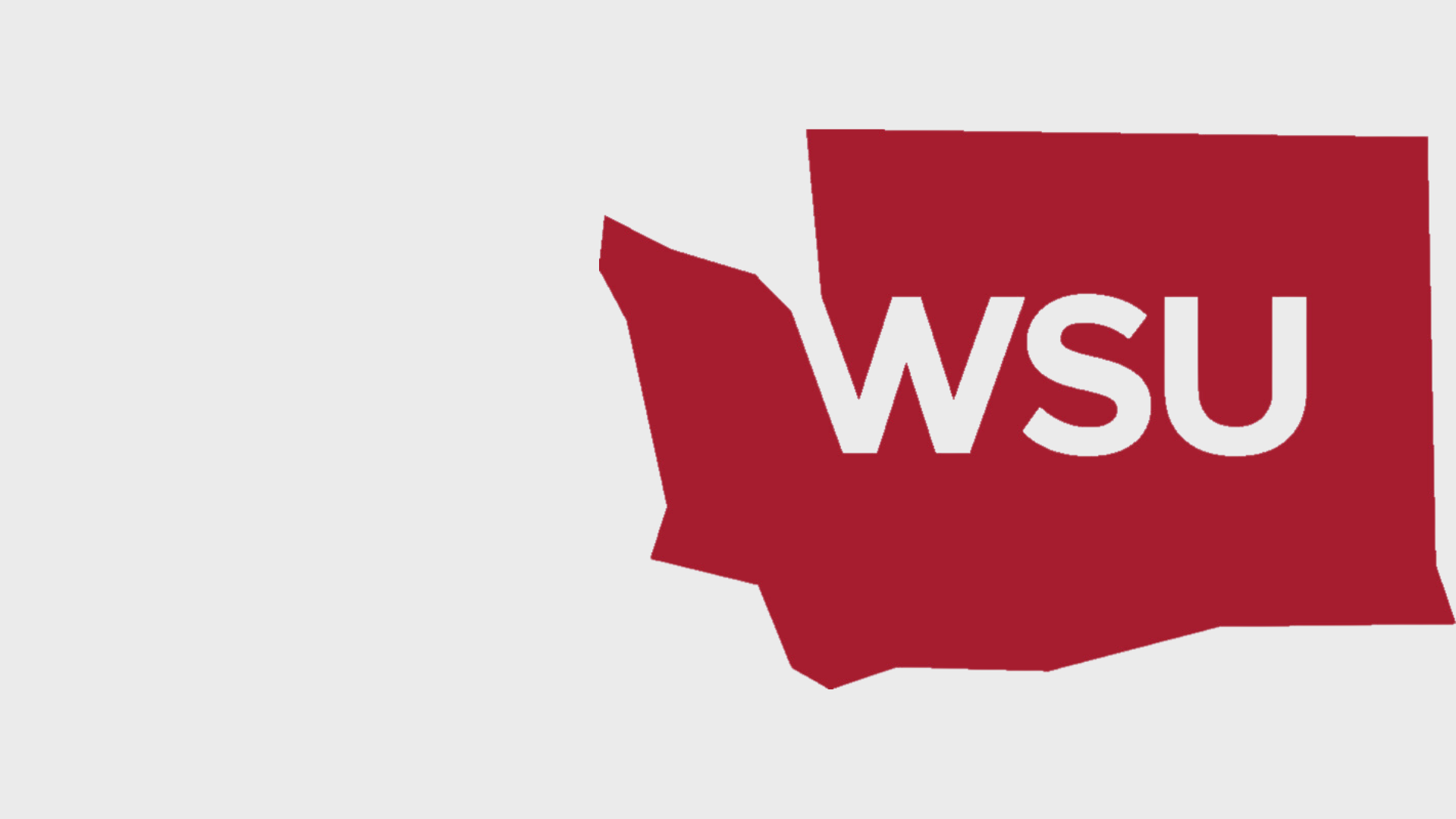WSU Staff Mentoring Program

Program Overview
Washington State University will once again be conducting the Staff Mentoring and Professional Development Program in the Spring of 2024. Applications for this once a year cohort will be available starting Thursday, April 11th, 2024, through Friday, May 31, 2024.
With supervisory approval, the mentor/mentee program is available to all WSU staff system-wide. Supervisors are encouraged to allow staff members to participate in accordance with WSU’s BPPM 60.72 Release Time Policy.
Mentor Application
Mentee Application

History and Administration of the Program
In early 2019, Commission on the Status of Women submitted a proposal for the creation of this program. Two small in person pilots were conducted Fall 2019 and Spring 2020 on the Pullman campus. One larger system wide virtual pilot was conducted during the 2020-2021 academic year. All pilots have been supported by the Office of the President, and administered by Human Resource Services.
Commission on the Status of Women championed this program and we are very grateful for all their efforts. Human Resources Services is now designated as administrator of the program and corresponding procedures and all questions should be referred to HRS.
What to Expect from the Program
Participant Commitment
Throughout the duration of the program, mentors and mentees are expected to meet a minimum of once a month for about an hour. More meetings can be arranged as often as agreed upon, or as work allows, between the two parties. It is the responsibility of the mentor and mentee to arrange virtual meetings they see fit.
The mentor and mentee will determine when and how to meet for virtual mentoring. The sessions should occur during your regular working hours and coordinated with your supervisor and in accordance with WSU’s BPPM 60.72 Release Time Policy.
Goals and Objectives
The purpose of the WSU Staff Mentoring Program is to develop relationships and facilitate interaction among staff, resulting in a stronger, more collaborative environment. Specifically, the goal is to provide new and existing staff with a valuable resource, a mentor, who offers support and encouragement and is the point of reference for many additional resources.
With supervisory approval, the mentor/mentee program is available to all WSU staff.
A survey will be sent via email at the end of the semester will allow for debriefing and the chance to recommend feedback back to the program coordinator.
Benefits of Mentoring Program
- Personal and professional development
- Mentorship programs can provide opportunities for personal and professional development for both mentors and mentees. Mentors can gain valuable experience in leadership and teaching, while mentees can develop new skills and knowledge in their field or subject.
- Networking opportunities
- Mentorship programs can provide valuable networking opportunities for both mentors and mentees. Mentors can expand their professional network by working with mentees, while mentees can gain valuable connections through their mentors.
- Improved job performance
- Mentorship programs can help improve job performance for mentees by providing them with the support and guidance they need to develop their skills and knowledge. This can lead to increased productivity and success in their careers.
- Increased self-confidence
- Mentorship programs can help boost the self-confidence of mentees by providing them with a supportive and positive environment in which to learn and grow. This can translate to increased confidence in other areas of their lives as well.
Mentor and Mentee Matching
- The mentee will have worked at WSU for a minimum of 1 year.
- The mentor and mentee will not be from the same WSU unit.
- The mentor will not be in a supervisor capacity over mentee.
- The mentor and mentee will be matched, as best as possible, based on professional experience, strengths, areas of interest, and program expectations detailed in the application they used to apply to the program.
The mentoring process should be a rewarding experience for all participants. Both mentor and mentee should feel comfortable with the match. After the first meeting, if either mentor or mentee is not satisfied, the program coordinator will make another attempt to find a match. Participants are allowed only one rematch during the program cycle.